The resistance of thermistors is significantly more temperature-dependent than conventional resistors. Thermistors are classified with the conduction model. Thermistors with a high positive temperature coefficient (PTC) exhibit more resistance at higher temperatures. Thermistors with a negative temperature coefficient (NTC) exhibit less resistance at higher temperatures. Therefore, a PTC thermistor’s resistance is inversely proportional to temperature. Read More…
In business since 1972, Thermo Sensors Corporation is a leading thermocouple manufacturer of an array of many products and services.

We manufacture a full line of Thermocouples to fit your application. Temperatures from cryogenic to 4000F, and sizes ranging from needle thin to several thousand pound multipoint temperature sensors.

Kelvin Technologies is a high-quality thermocouple manufacturer, representative, and distributor for all of your electrical heating, temperature controlling, and temperature sensing requirements. Our products are engineered and manufactured in-house to address specific requirements, such as higher temperatures and more compact profiles. With over 100 years of combined experience, all of us at...

Temperature Specialists, Incorporated is a manufacturer of quality thermocouples. Temperature Specialists provide solutions for your sensing needs by building to meet your specifications. Feel free to visit their comprehensive and helpful website for full descriptions of their state-of-the-art line of quality products and services or call their experts with any questions.

Since 1971, Thermalogic has been a leading manufacturer of electronic temperature and humidity control and sensors. Here at Thermalogic we work with our clients in a partnership to build a lasting business relationship. All of our products have quick turnaround times, including custom designs, and are thoroughly tested prior to being sent out. At Thermalogic we pride ourselves on our high...

We have over 81 years of successful manufacturing experience and we offer a wide range of solutions. Our thermostats are utilized in industries including HVAC, process heating, food service, laboratory tank heating, industrial system control, and more. We have made it our mission to remain on the forefront of our industry and we work closely with our customers to ensure maximum satisfaction.

More Thermistor Manufacturers
PTC thermistors are used as self-resetting overload protectors and self-regulating heating components. NTC thermistors are used as over-current limiters and temperature sensors. Depending on the type of probe used, a thermistor's operational temperature range normally falls between 100 °C and 300 °C.
A thermistor’s components impact the relationship between temperature and resistance. Metal oxide compounds, binders, and stabilizers are combined to make thermistors, which are subsequently sliced into chips, left in disc form, or given other shapes. The precise ratio of the composite components determines their resistance/temperature "curve." This ratio affects thermistor functionality, so manufacturers carefully regulate this ratio.
Working Principle of a Thermistor
Thermistors operate under the principle that a temperature change causes resistance to change. A thermistor will begin self-heating its components as the ambient temperature changes. The resistance value changes to accommodate this shift in temperature. The thermistor type being used affects this modification. The following section lists the resistance temperature properties of various thermistors.

Types of Thermistors
PTC Thermistors
PTC Thermistors are primarily divided into two categories for industrial use. The first is referred to as "Silistors", after the sensitivity of silicon resistors. The positive temperature coefficient for silistors is 8% per degree Celsius. The gadget moves to a negative temperature index zone if the temperature exceeds 175 degrees Celsius. Shifting type PTC thermistors are the other subcategory of PTC thermistors. They are built of ceramic materials because ceramic has great resistance to even minor temperature fluctuations. The material is additionally doped with dopants to give them a semi-conductive characteristic.

Applications of PTC Thermistors
PTC thermistors are used as fuse-like circuit protection devices. Due to the device's resistive nature, heat builds up when current flows through it. As a result, if the PTC thermistor receives excessive electricity, it will heat up and become more resistant. To limit the voltage and current that can flow.
PTC Thermistors are also used as a timer in a CRT monitor's degaussing coil circuit. The PTC thermistor and the degaussing coil receive an initial current when a CRT display is turned on. Due to the large size of the PTC thermistor, the device's resistance rises as the current enters. As a result, the degaussing coil quickly shuts off as heat builds up. A degaussing coil is required to reduce the constant magnetic field gradually.
NTC Thermistors
NTC Thermistors are used in two ways, depending on how electrodes are applied to the ceramic body. Bead NTC thermistors are usually used in the industrial sector. Bead thermistors include glass-coated beads, bare Beads, shock-absorbent beads, and more. The NTC Thermistors with metallic coating surface contacts are classified differently. These types of thermistors can be surface mounted or attached utilizing spring contacts.

Applications of NTC Thermistors
NTC Thermistors are used to measure applications in mid to low-temperature ranges. NTC Thermistors can control the abrupt surge in a supply circuit current. They have a high resistance value. As the device warms up, the resistance steadily lowers. As the resistance falls, the circuit resumes its normal operation, and the large current passes through it without endangering the other components of the circuit.
NTC Thermistors are used to gauge incubator temperatures and determine coolant and oil temperatures in automobile engines.
Choosing the Correct Thermistor Company
To make sure you have the most beneficial outcome when purchasing thermistors from a thermistor company, it is important to compare at least 4 to 5 companies using our thermistor directory. Each thermistor company has a business profile page that highlights their areas of experience and capabilities and a contact form to directly communicate with the company for more information or request a quote. Review each thermistor company website using our patented website previewer to get an idea of what each company specializes in, and then use our simple RFQ form to contact multiple thermistor companies with the same message.







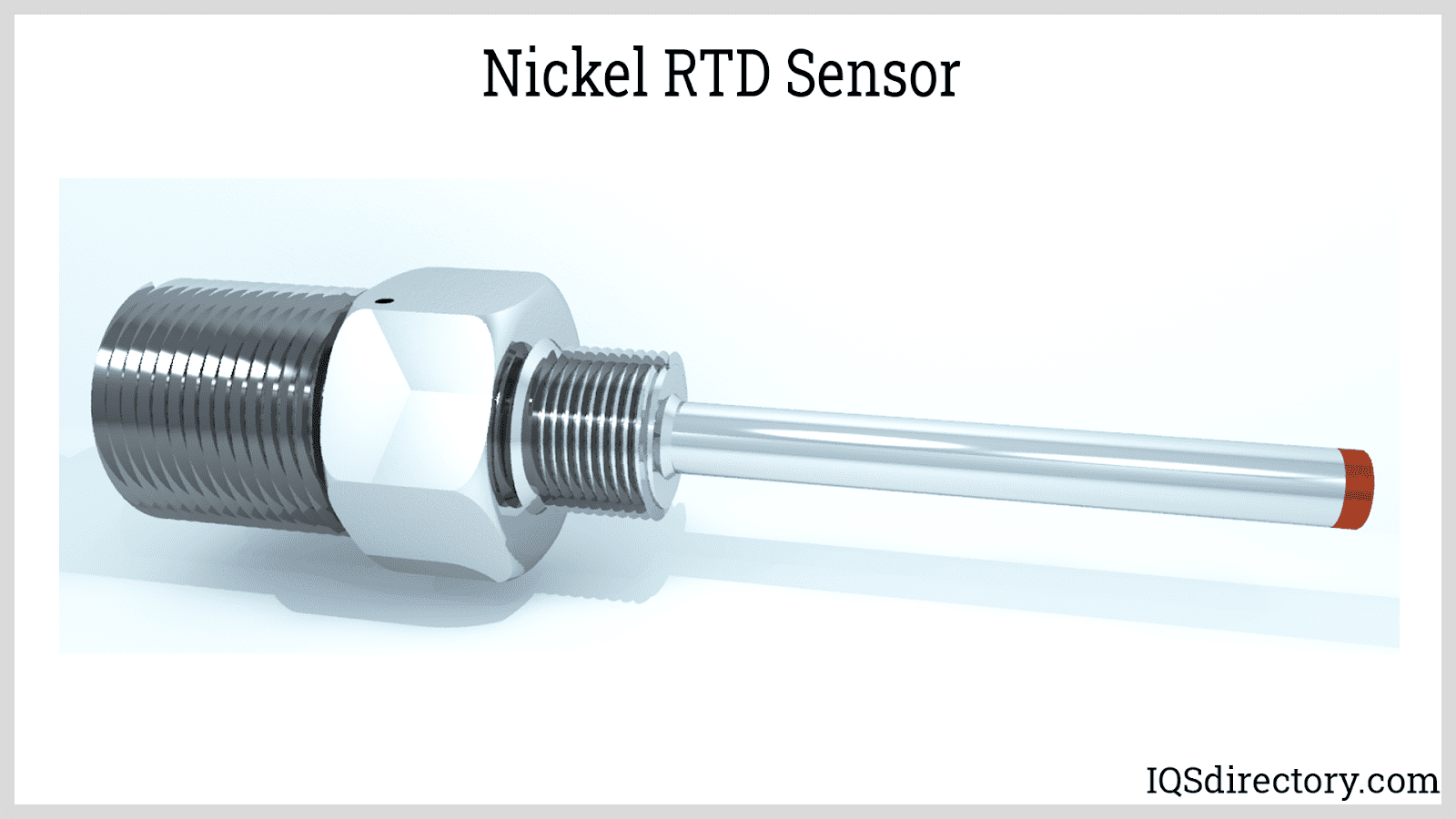
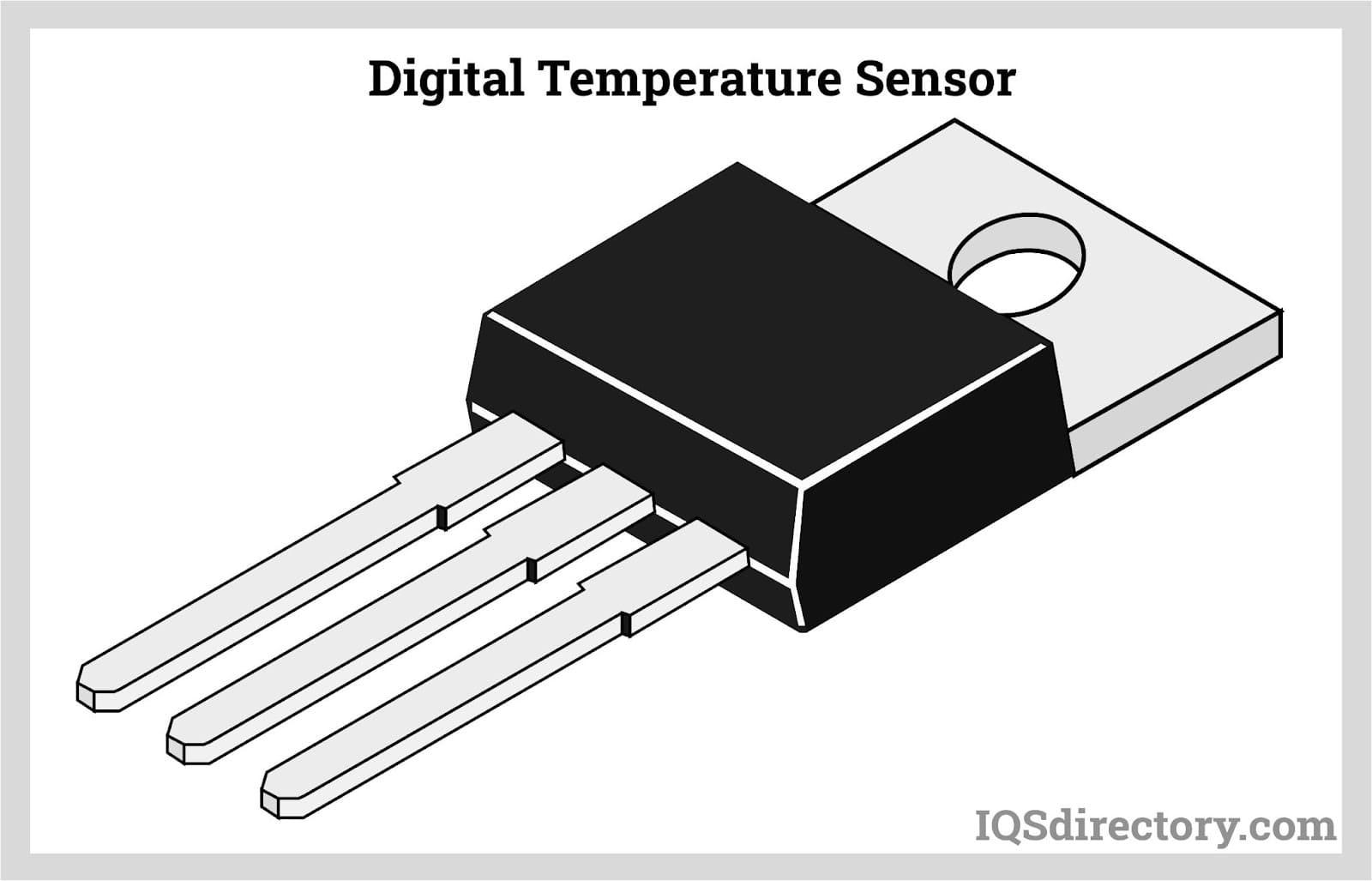
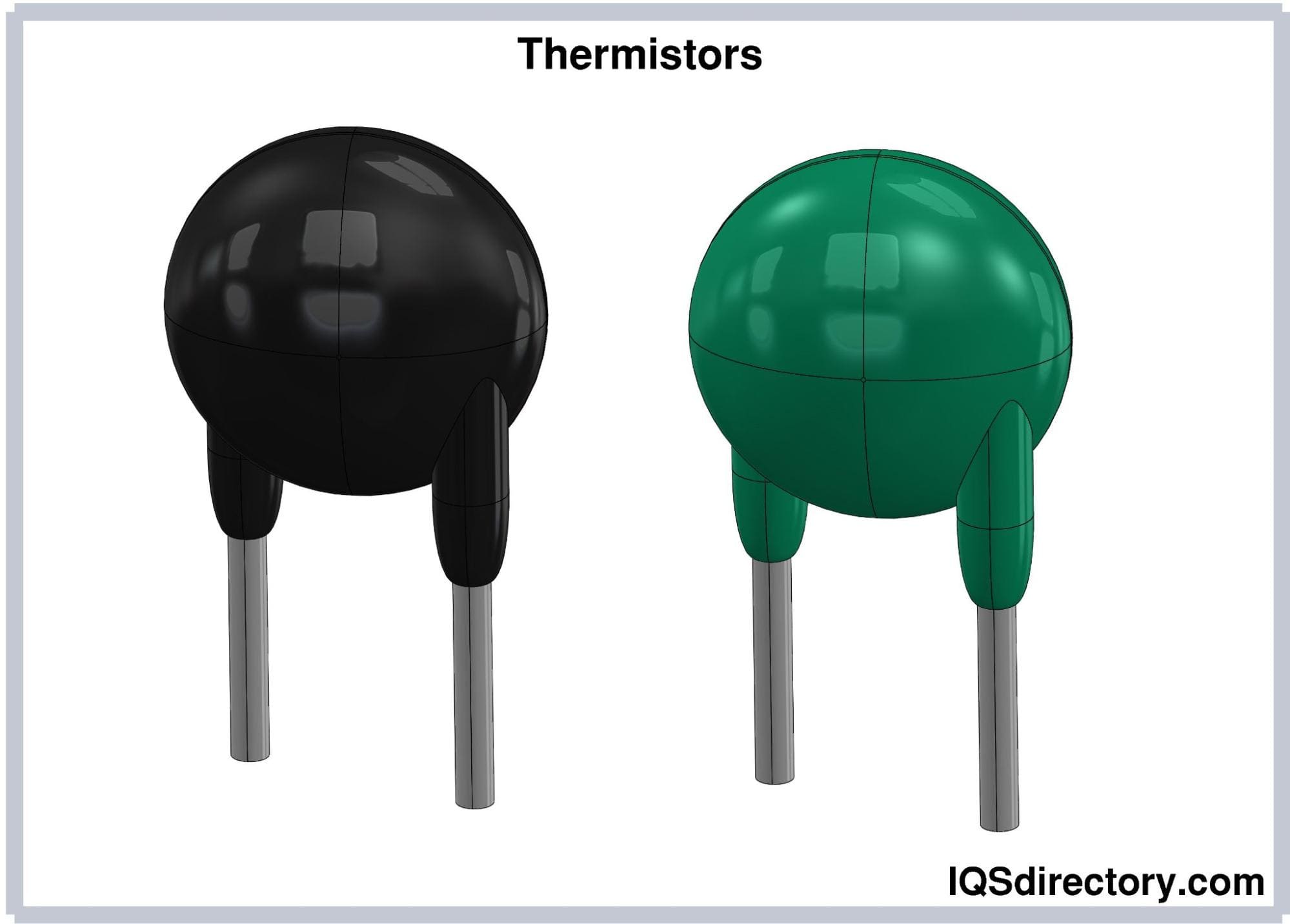
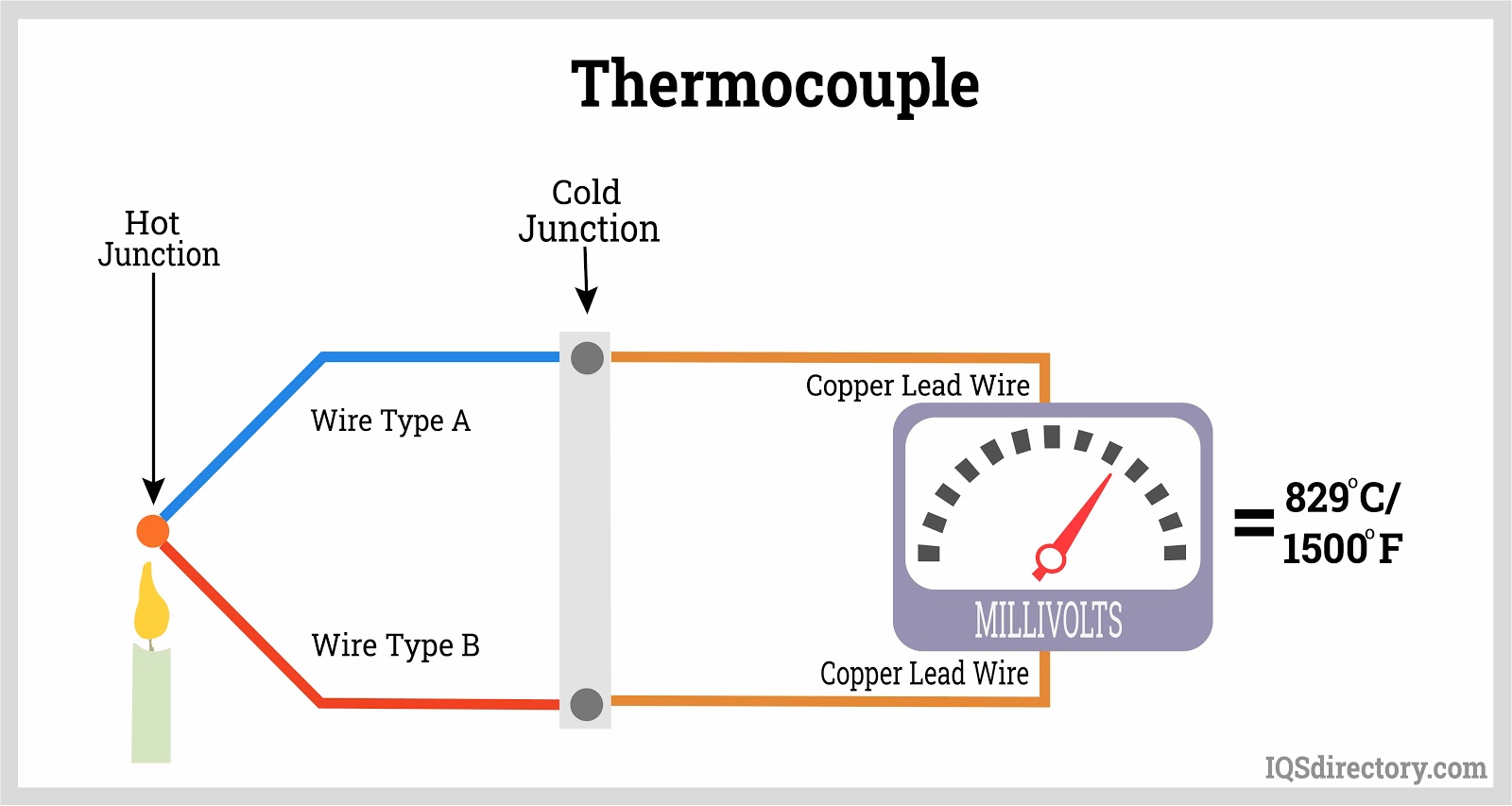
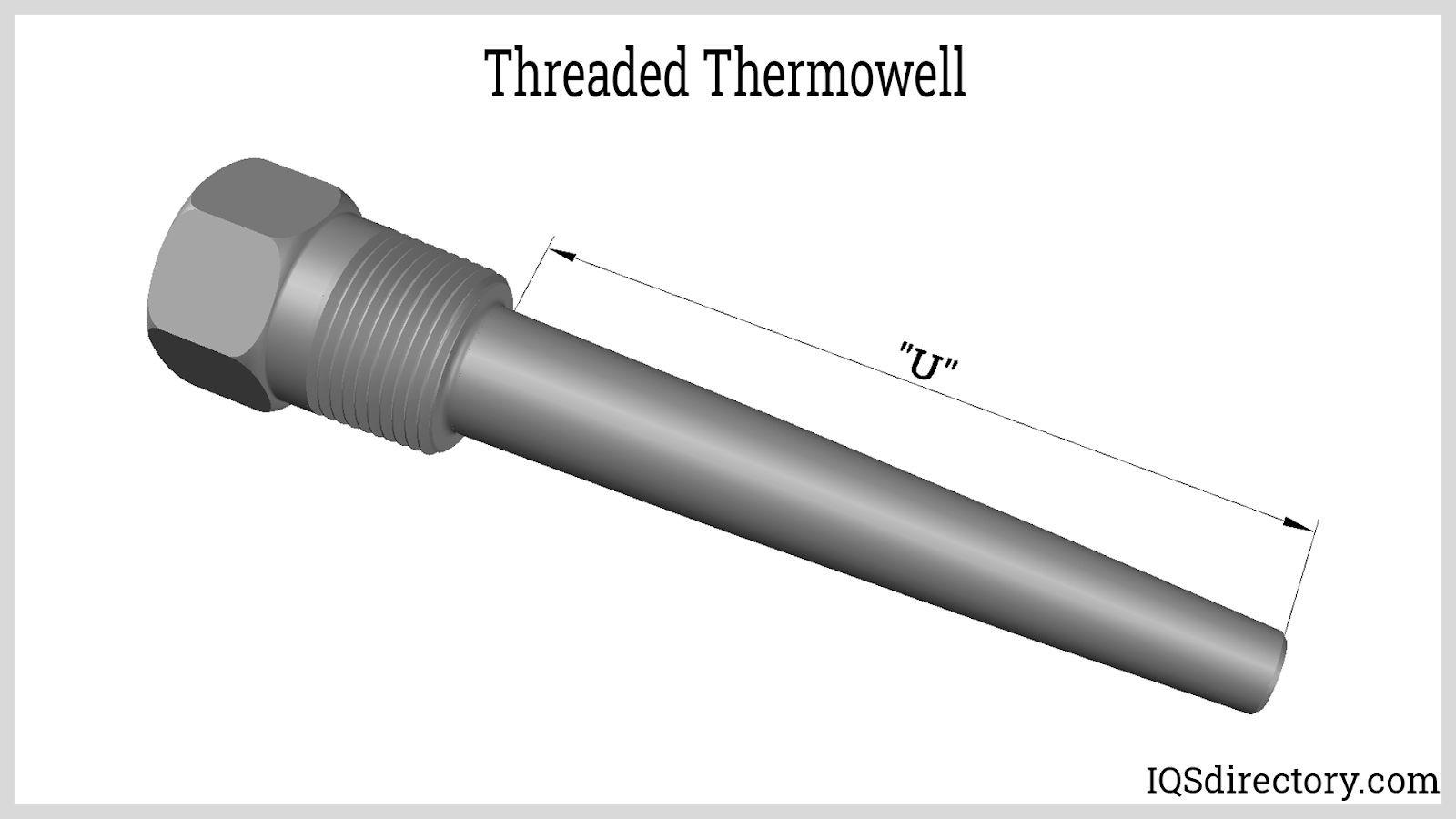
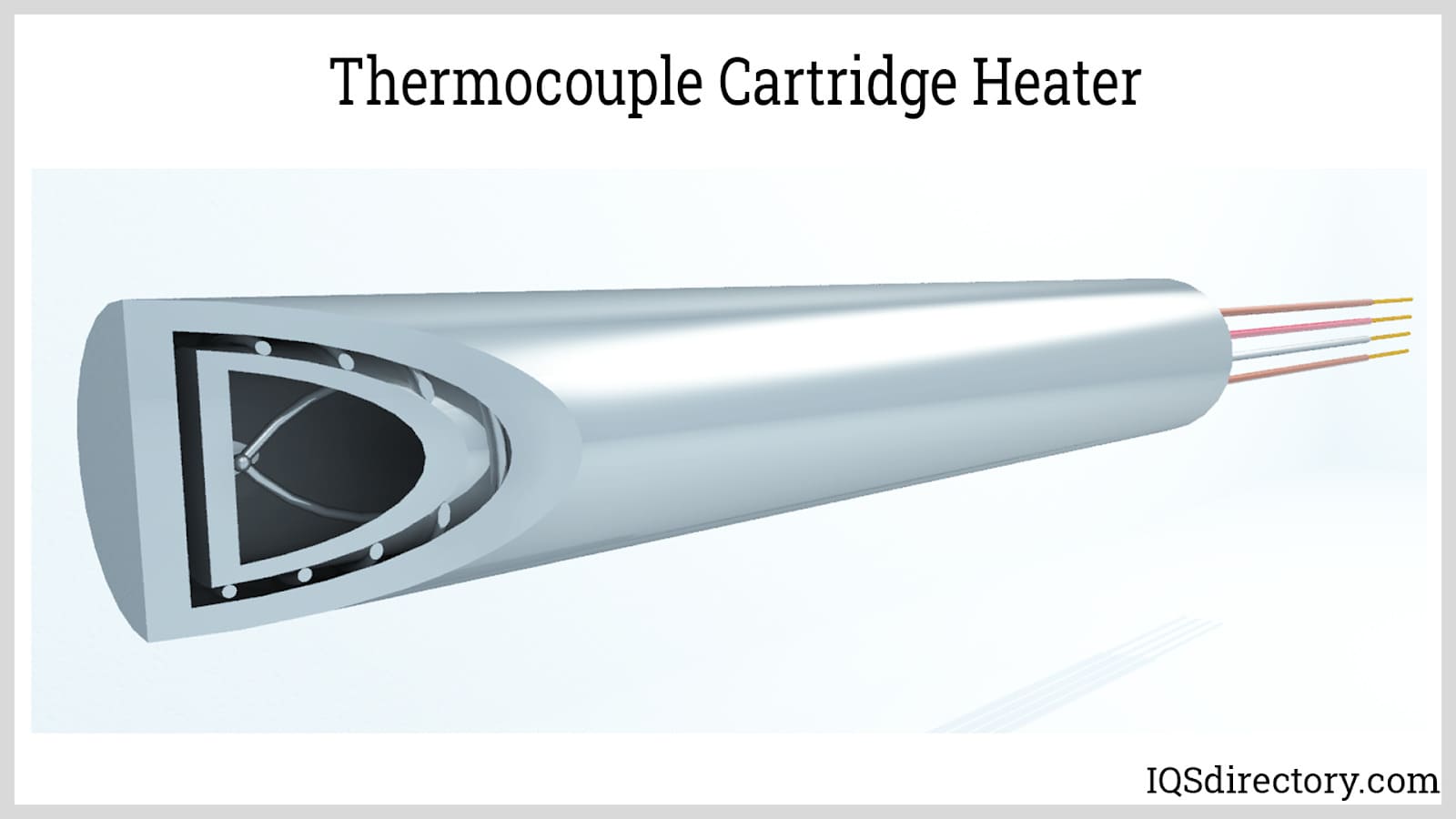
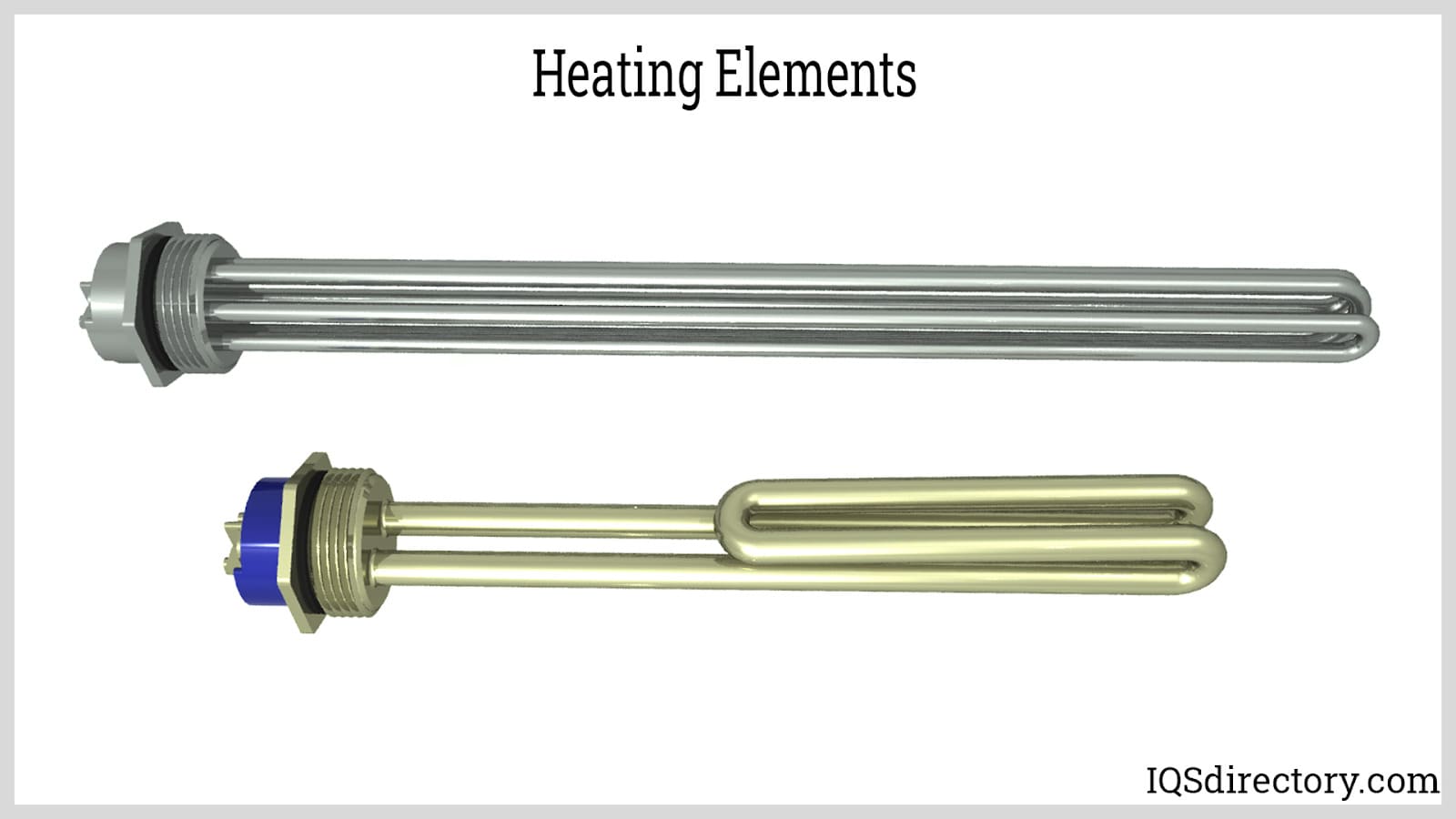
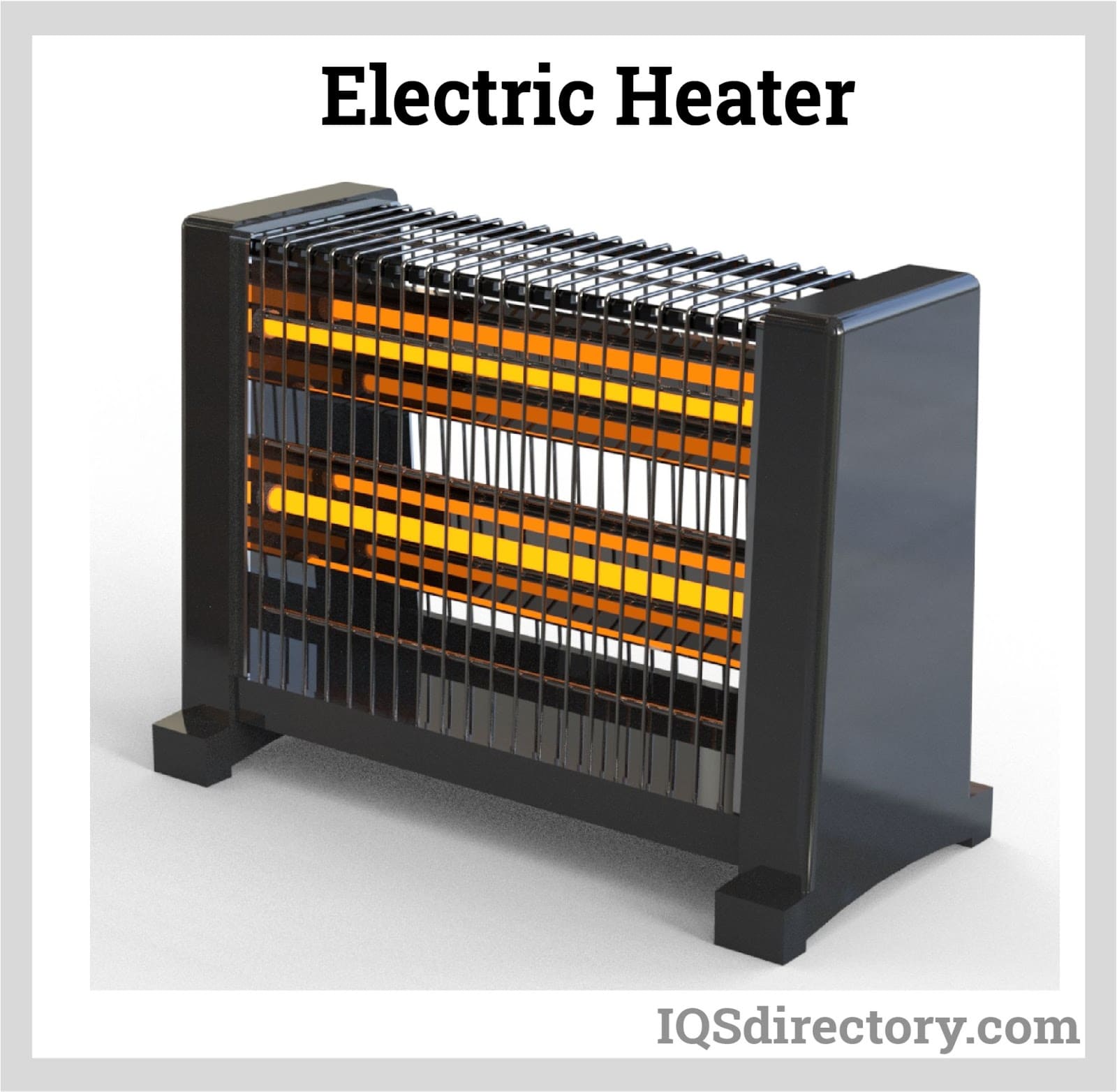
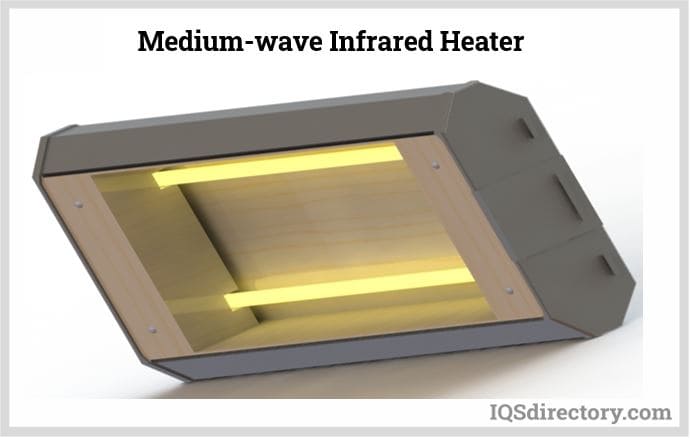
 Calibration Services
Calibration Services Clean Rooms
Clean Rooms Data Acquisition Systems
Data Acquisition Systems Dynamometers
Dynamometers Environmental Test Chamber
Environmental Test Chamber Leak Detectors
Leak Detectors Load Cells
Load Cells Machine Vision Systems
Machine Vision Systems Scales
Scales Thermocouples
Thermocouples Castings & Forgings
Castings & Forgings Bulk Material Handling
Bulk Material Handling Electrical & Electronic Components
Electrical & Electronic Components Flow Instrumentation
Flow Instrumentation Hardware
Hardware Material Handling Equipment
Material Handling Equipment Metal Cutting Services
Metal Cutting Services Metal Forming Services
Metal Forming Services Metal Suppliers
Metal Suppliers Motion Control Products
Motion Control Products Plant & Facility Equipment
Plant & Facility Equipment Plant & Facility Supplies
Plant & Facility Supplies Plastic Molding Processes
Plastic Molding Processes Pumps & Valves
Pumps & Valves Recycling Equipment
Recycling Equipment Rubber Products & Services
Rubber Products & Services